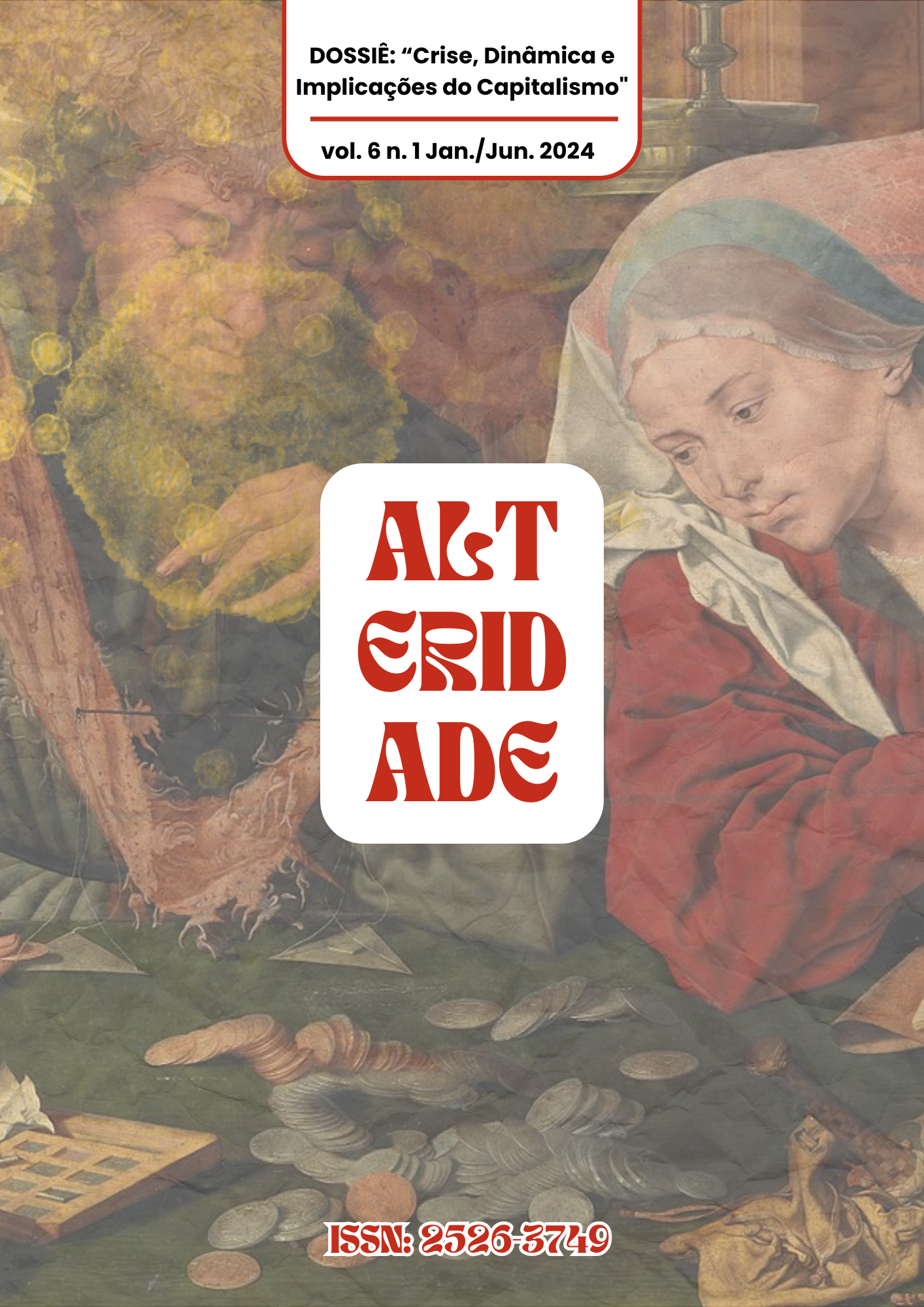The structural crisis of capital in the era of the neoliberal State: implications for Educational Policy
DOI:
10.46551/alt0601202401Keywords:
Crise estrutural do capital; Estado; Neoliberalismo; Educação.Abstract
The article aims to discuss the structural crisis of capital in the era of the Neoliberal State, exposing its main consequences for the field of education. To this end, a bibliographical research was carried out on the theme of the crisis of structural capital, the neoliberal State and education, in the field of theoretical production of Marxism and education, produced in contemporary times. We start from the analysis that, throughout the 20th century, the logic of capital accumulation expanded in an uncontrollable way to all dimensions of life, deepening the disjunction between production aimed at human needs and that aimed at the self-reproduction of capital. Therefore, the capital crisis is structural, as it affects all dimensions of life – economy, nature, politics, social rights and culture; and global because its reach, although it covers each territory differently, is global. The neoliberal State has a subsidiary function to capital. It was found that the result of the structural crisis of capital in the educational field is the cultivation of an individualistic subjectivity, which embodies effort, dedication and generalized competition with oneself and with others as a life project. Therefore, the challenge of giving new meaning to the place of education as a formative activity in the relationship between work-nature-society is urgent.
Downloads
References
AlVES, Giovanni. Trabalho e subjetividade – o espírito do toyotismo na era do capitalismo manipulatório. São Paulo: Boitempo, 2011.
ANTUNES, Ricardo. Trabalho e precarização numa ordem neoliberal. In.: GENTILI, P.; FRIGOTTO, G. (org.). A cidadania negada: políticas de exclusão na educação e no trabalho. São Paulo: Cortez, 2001.
DARDOT, Pierre; LAVAL, Christian. A nova razão do mundo: ensaio sobre a sociedade neoliberal. São Paulo: Boitempo, 2016.
FRIGOTTO, G.; CIAVATTA, M. Educar o trabalhador cidadão produtivo ou o ser humano emancipado? Revista Trabalho, Educação e Saúde. v. 1, n. 1, Rio de Janeiro, 2003.
LAVAL, Christian. A escola não é uma empresa: o neoliberalismo em ataque ao ensino público. Trad. Mariana Echalar. São Paulo: Boitempo, 2019.
MARX, Karl. Manuscritos econômico-filosóficos. São Paulo: Boitempo, 2010.
MÉSZÁROS, István. A montanha que devemos conquistar. São Paulo: Boitempo, 2015.
________________. Educação para além do capital. Tradução de Isa Tavares. São Paulo: Boitempo, 2005.
________________. A crise estrutural do capital. São Paulo: Boitempo, 2009.
PINASSI, Maria Orlanda. Da miséria ideológica à crise do capital: uma reconciliação histórica. São Paulo, Boitempo, 2009.
WALLACE, Rob. Pandemia e agronegócio: doenças infecciosas, capitalismo e ciências. São Paulo: Elefante; 2020.
Downloads
Published
Issue
Section
License
Copyright (c) 2024 Alteridade Magazine

This work is licensed under a Creative Commons Attribution-NonCommercial-NoDerivatives 4.0 International License.
Nesta revista, os direitos autorais para artigos publicados são do(s) autor(es), sendo os direitos da primeira publicação pertencentes à Revista Alteridade. Os artigos são de acesso público, de uso gratuito, de atribuições pr´óprias, de atribuições educacionais e de aplicações não comerciais.













